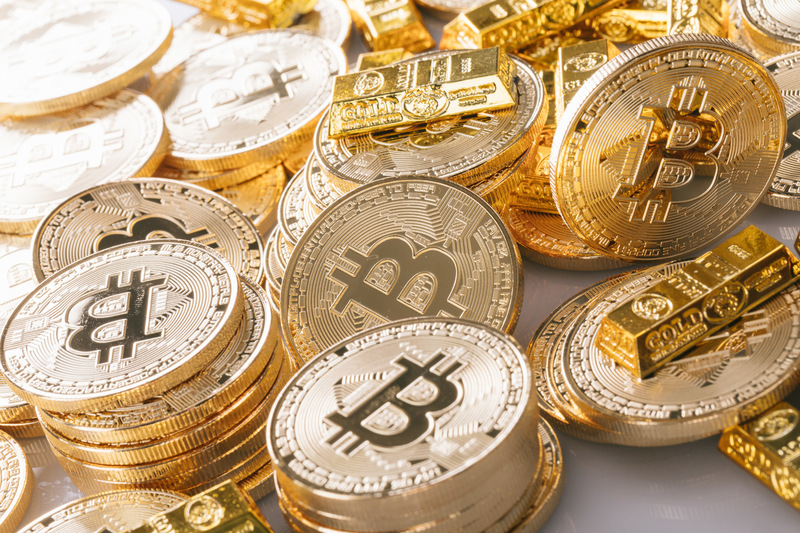India Preparing for a CBDC-Driven Economy: Central Bank Governor’s Vision
Outgoing Reserve Bank of India Governor Shaktikanta Das believes that the digital rupee has the potential to transform India's economy.

Financial experts from South Korean believe that digital assets and cryptocurrencies do not provide a safe asset during the global Coronavirus pandemic at the same standard as gold and fiat.
Arguing that investors rushing to buy Bitcoin and store cryptocurrencies in response to financial uncertainty as a result of the COVID19 pandemic, South Korea’s Hongik University Professor Hong Ki-hoon could be a risky move.
As reported by The Scoop, Hong claimed that cryptocurrencies such as Bitcoin and Ethereum should not be classified as “safe-haven assets”. He explained that this thinking comes from certain conditions need to be met for an asset to be considered a safe investment during uncertain times, stating:
“To be a safe-haven, two conditions must be satisfied. First, the volatility of the asset’s value must be low, and second, when market volatility is expected to increase, the value should rise. Therefore, cryptos do not meet with the conditions.”
He added that cryptocurrency saw a surge of investment following the initial outbreak of the virus, suggesting:
“The reason for the increase in the volume after the markets crashed was that the spirit of investing in higher volatility worked to compensate for the depreciated asset value.”
Go Jun-young, reporter for The Scoop, also pointed out that there cryptocurrency and Bitcoin trading still remains outside of financial regulations and capital market law. This means that digital assets could face issues related to market manipulation whereby cryptocurrencies that have been traded well could become a resting place for investors. This lack of regulation does not help mitigate risk for investors and raises concerns and user protection.
However, an anonymous expert in the financial and investment sector offered a contrasting opinion, stating:
“Individual investors are often unable to manage the risks of stocks properly, but it is virtually impossible to gauge the risk factors of cryptocurrencies. You have to understand before investing fully.”
Outgoing Reserve Bank of India Governor Shaktikanta Das believes that the digital rupee has the potential to transform India's economy.
El Salvador reportedly anticipates an agreement with the IMF for a $1.3 billion loan, contingent on amendments to its Bitcoin Law.
Floki is among increasing crypto companies launching regional payment cards, enabling users to spend cryptocurrencies.
BitOasis has secured a full VASP licence, finalising its VARA licensing process and enabling it to provide crypto trading services.